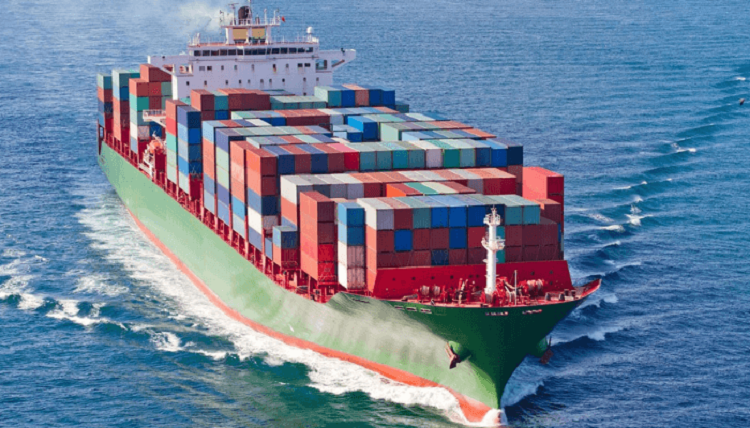International shipping requires adherence to various customs and regulations, necessitating a strategic approach for smooth business operations. This comprehensive guide will assist you in navigating the complexities of international shipping.
Documentation
Before starting the shipping process, several documents are typically required:
– Invoice: Details the transaction between the buyer and the seller.
– Bill of Lading: Outlines the transportation terms and conditions.
– Item List: Specifies the items, including their total quantity, weight, and dimensions.
– Import/Export License: Required for shipping regulated goods to other countries.
Customs Process
After presenting the necessary documents, the customs process involves several steps:
- Tariff Classification: Each internationally shipped product is assigned a unique trade code, which helps determine the applicable tariffs and duties.
- Valuation Process: Customs duties are calculated based on the value of the goods. The value is examined, and the corresponding customs duty is determined.
- Calculation of Taxes: Each country has its tax regime, with ordinary taxes, including import duty and value-added tax.
- Customs Declaration: The final step is completing the customs declaration, which can often be done online.
Tips for Hassle-Free International Shipping
- Provide Complete Information: Ensure all information in the documents is complete and accurate. Transparency is crucial to avoid discrepancies, leading to rejections and delays.
- Hire Professional Shipping Services: Companies like FedEx offer international shipping services, including document filing and customs clearance. Their expertise in international shipments ensures smooth, efficient, and quick processes.
- Maintain Good Relationships with Authorities: Establish and communicate well with customs authorities. This helps resolve conflicts quickly and ensures the shipment process proceeds smoothly, maintaining service quality and customer satisfaction.
- Use Freight Forwarding Services: Businesses can hire freight forwarders to assist with cargo shipment, consolidation, brokerage services, and customs clearance. Freight forwarders act as intermediaries between the shipper and various transportation services, ensuring smooth operations for large commercial shipments.
- Leverage Advanced Technology: Technology can simplify international shipping by providing options for tracking shipments, checking delivery status, filing documents online, and staying updated throughout the process.
Conclusion
With careful planning, international shipping can be navigated efficiently. By hiring professionals and leveraging technology, businesses can easily manage complex procedures and ensure the timely delivery of goods. In the long run, this approach helps companies to establish a global presence.

